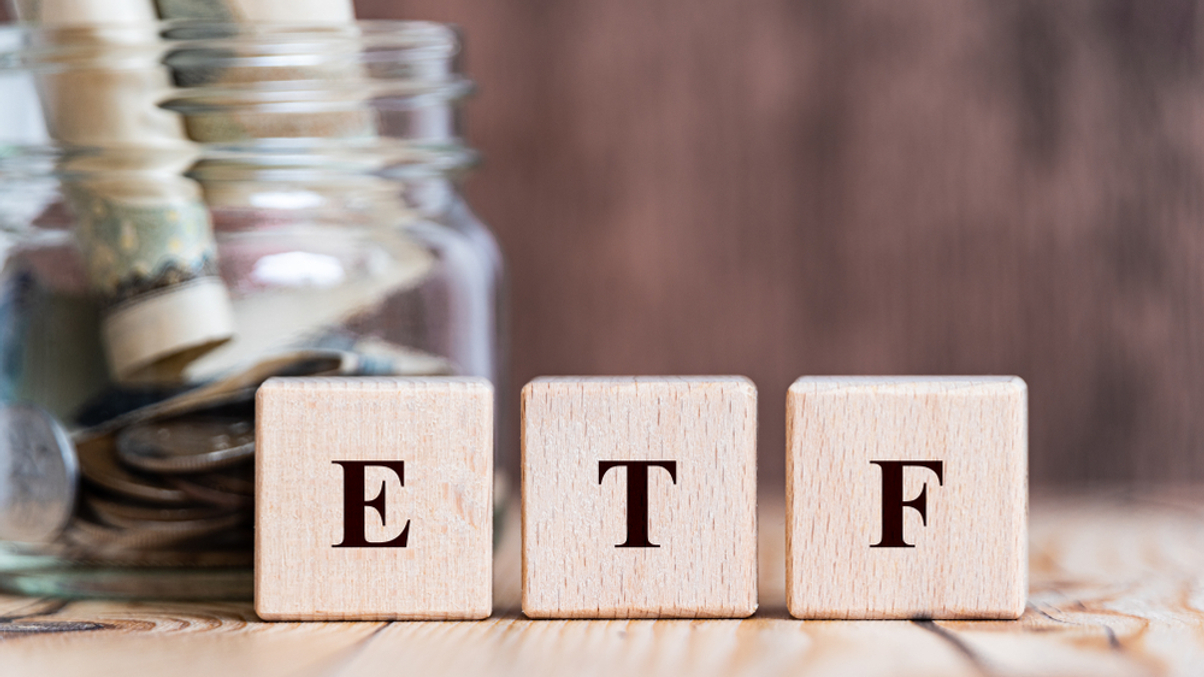Exclusive: Hong Kong-based asset owner involved in $100 million Japanese equity ETF deal
A weaker yen has made Japanese equities more attractive. The investment in the Japan ETF has recorded a 5.3% return as of Wednesday during the holding period since May 19.

A recent HK$733.7 million ($93.5 million) investment into a Japanese equity exchange-traded fund (ETF) involved a Hong Kong-based asset owner who sought to take advantage of the sharp depreciation of the Japanese yen against the strong dollar, AsianInvestor has learnt.
Sign in to read on!
Registered users get 2 free articles in 30 days.
Subscribers have full unlimited access to AsianInvestor
Not signed up? New users get 2 free articles per month, plus a 7-day unlimited free trial.
¬ Haymarket Media Limited. All rights reserved.


